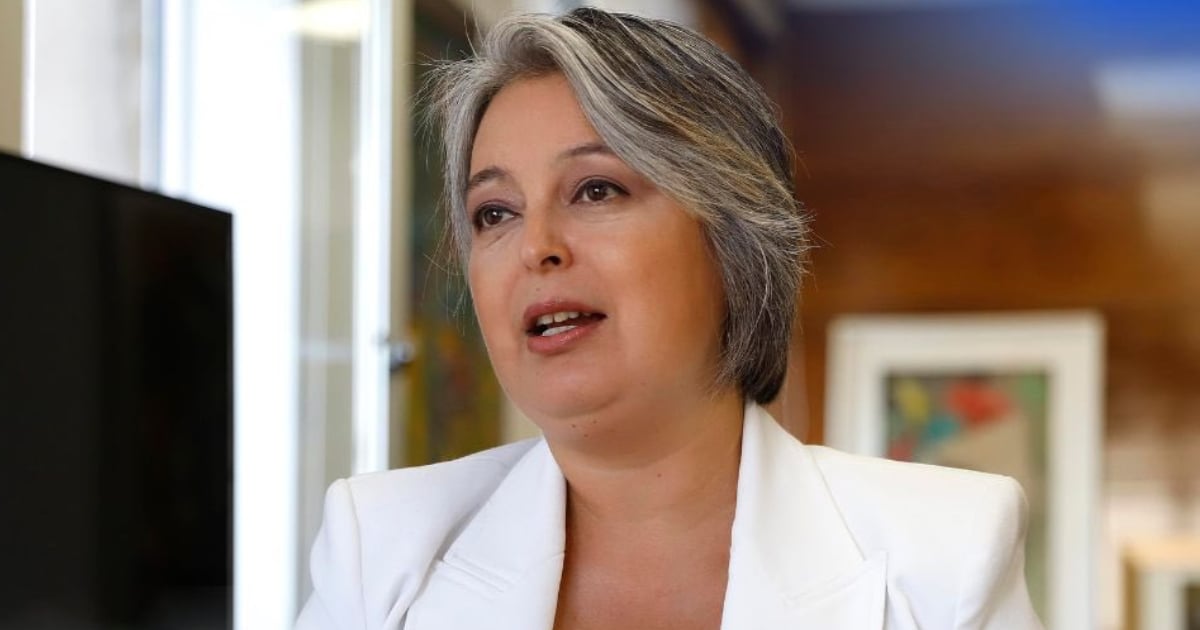Jeannette Jara, a candidate for the presidency of Chile and a member of the country's Communist Party (PCCh), has sparked significant controversy following her statements in a CNN interview. She denied the presence of a dictatorship in Cuba and defended the Castro regime by asserting that "each nation chooses its government." Jara claimed that "the case of Cuba is quite different" from other nations criticized for human rights violations, attributing the island's current issues to the impact of the U.S. embargo. "The primary challenge has been the blockade that has persisted for decades, leaving them suffocated," she stated.
In contrast, the PCCh candidate acknowledged the presence of an "authoritarian regime" in Venezuela under the leadership of dictator Nicolás Maduro. Jara, who is both a lawyer and public administrator, served as the Minister of Labor and Social Welfare from March 2022 until April 7, 2025, when she resigned after being announced as the PCCh's presidential candidate two days prior.
Carolina Tohá's Response: "Cuba Lacks Democratic Fundamentals"
Jara's comments quickly provoked reactions. Fellow presidential candidate Carolina Tohá, a former Minister of the Interior and a representative of the Party for Democracy (PPD), distanced herself from Jara's stance during an interview with Radio ADN in Copiapó. "I believe the Cuban system does not meet any democratic criteria. People lack choices, and there hasn't been a power transition from any perspective for a long time," Tohá remarked.
Tohá went further, emphasizing that the Cuban regime has plunged the country into extreme poverty, which she described as "painful and inconceivable." She added that such differences within Chile's progressive camp should be openly discussed during the campaign. "Citizens will have the opportunity to choose democratically, because we do have democracy here, who they want to represent our candidacy as a sector in the presidential election," she concluded.
An Internationally Resonant Controversy
Jara's remarks reignite a sensitive issue in Latin America: the stance of leftist sectors towards the Cuban regime, which some still defend as a "democratic alternative," despite systematic reports of repression, lack of freedoms, and the Communist Party's absolute control without plural elections or separation of powers. The debate also highlights divisions within Chile's progressive bloc as the presidential election approaches, with human rights and regional governance models potentially gaining prominence in the public agenda.
Key Questions About Chile's Political Debate on Cuba
Why did Jeannette Jara deny the presence of a dictatorship in Cuba?
Jeannette Jara argued that Cuba's situation differs from other countries with human rights issues and attributed the island's challenges primarily to the prolonged U.S. embargo.
What was Carolina Tohá's stance on Cuba's political system?
Carolina Tohá criticized the Cuban system, stating it does not meet democratic standards and has led to extreme poverty, highlighting the need for open debate within Chile's progressive camp.
How might the debate over Cuba affect Chile's presidential election?
The debate could spotlight human rights and governance models in the regional context, potentially influencing the public agenda and voter decisions in the upcoming presidential election.
